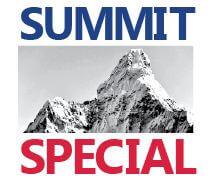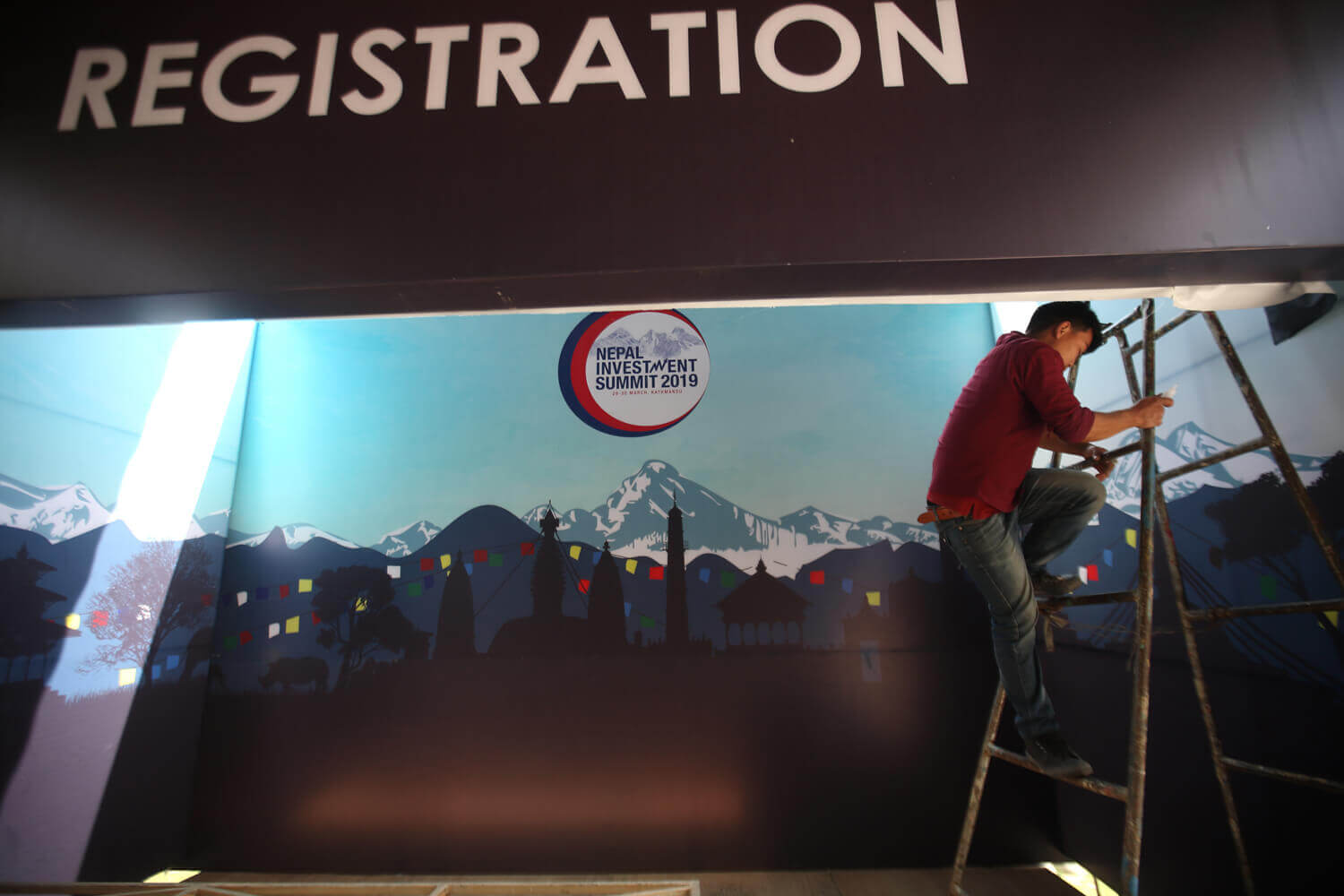Maze

Maze: /meɪz/ (noun)
a network of paths and hedges designed as a puzzle through which one has to find a way.
The government has promoted the Investment Summit that begins on Friday in Kathmandu as an opportunity to show the world that Nepal is open for business. After two decades lost to war and an unstable political transition, Prime Minister Oli in Davos and Finance Minister Khatiwada in London recently harped on stability, reliable power and post-earthquake reconstruction as drivers of growth.

Read also:
Invest in investment, Editorial
Early investors didn’t sell Nepal short, Lisa Choegyal
Nepal, Inc., Suman Joshi
Foreign businesses, especially from China and India, appear to agree that Nepal offers immense opportunities for early birds in energy, infrastructure and manufacturing. Although investment levels in 2017 hit rock bottom, the government has proposed projects worth $30 billion at this Summit.

Foreign capital is needed because Nepal’s banks are not able to meet credit demand for large infrastructure projects, but also because foreign direct investment (FDI) will bring in much-needed knowhow, access to international markets and improve management.
However, the international community, foreign and domestic investors, and even multilateral lenders appear to be skeptical. They say recent hurried passage of two Acts by Parliament is too little too late.
Existing investors also point to ambiguous laws arbitrarily enforced, byzantine red tape, the need for multiple approvals from a slew of agencies for registration, renewals and repatriation of profits. There is no mechanism to address currency risk, and no sovereign rating. Primitive infrastructure and militant unions plague investors. There is uncertainty about federalism. Instead of a one-door policy for investors, Nepal has a maze.
In this litany of complaints, what is unspoken are kickbacks and extortion that have become facts of life for businesses. Recent horror stories of foreign contractors and investors being shaken down have received much international publicity, and will not help Nepal’s case.
While Oli, Khatiwada and Co have tried to sell Nepal to the world, telling potential investors to ignore that they are communists, a rent-seeking state back home erects obstacles to FDI at every operational level. Foreign investors are not reassured by the fact that even Nepalis are reluctant to invest. It is not just the bureaucracy and politicians who are to blame, domestic cartels are also lobbying against foreign investment and want protection, putting agricultural processing, dairy, poultry and other industries out of bounds for FDI.
What makes foreign investors skittish are not our laws, but absence of the rule of law, our corruption and red tape. This week’s Summit is a chance for Nepal to allay those concerns by cleaning up its house.




